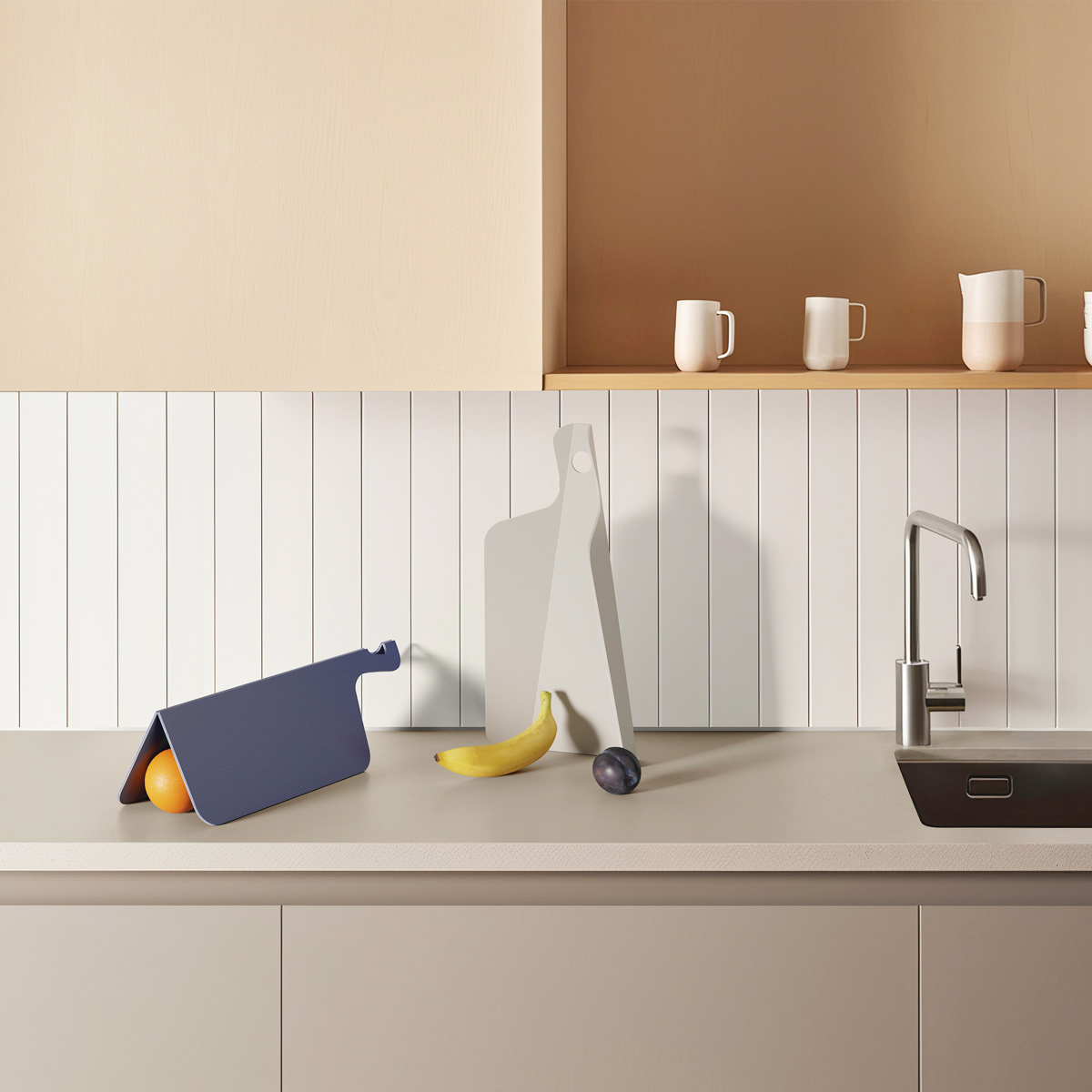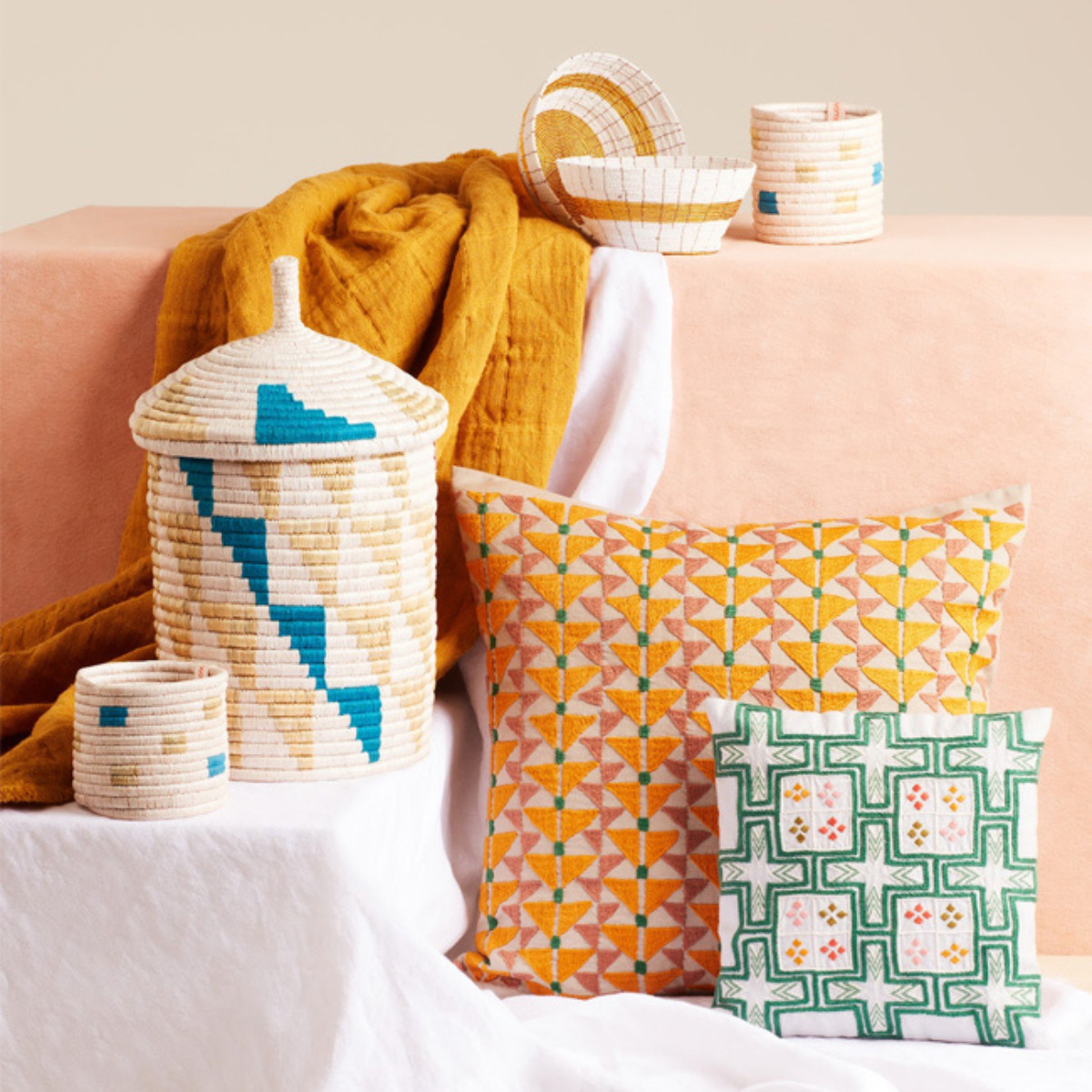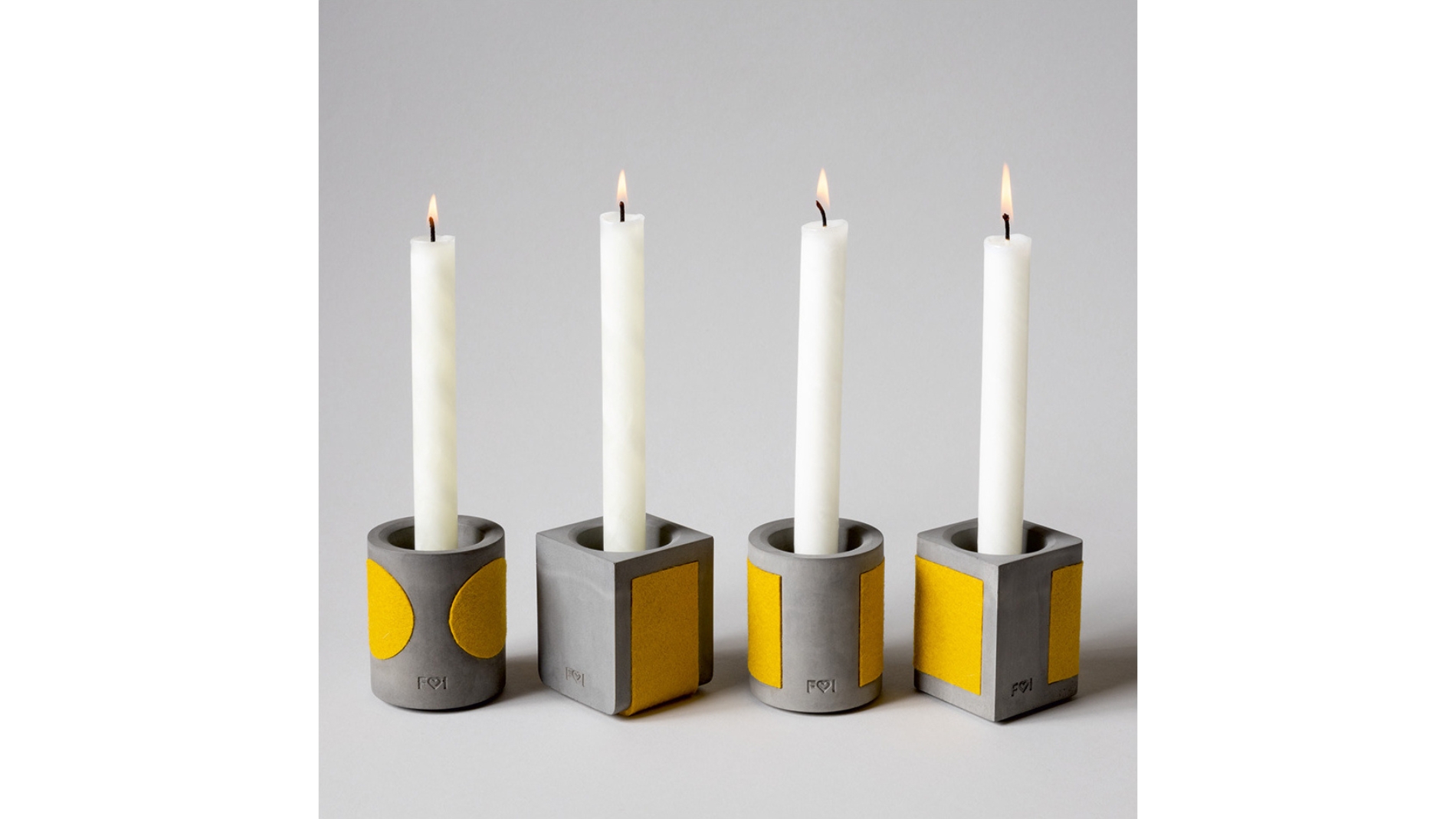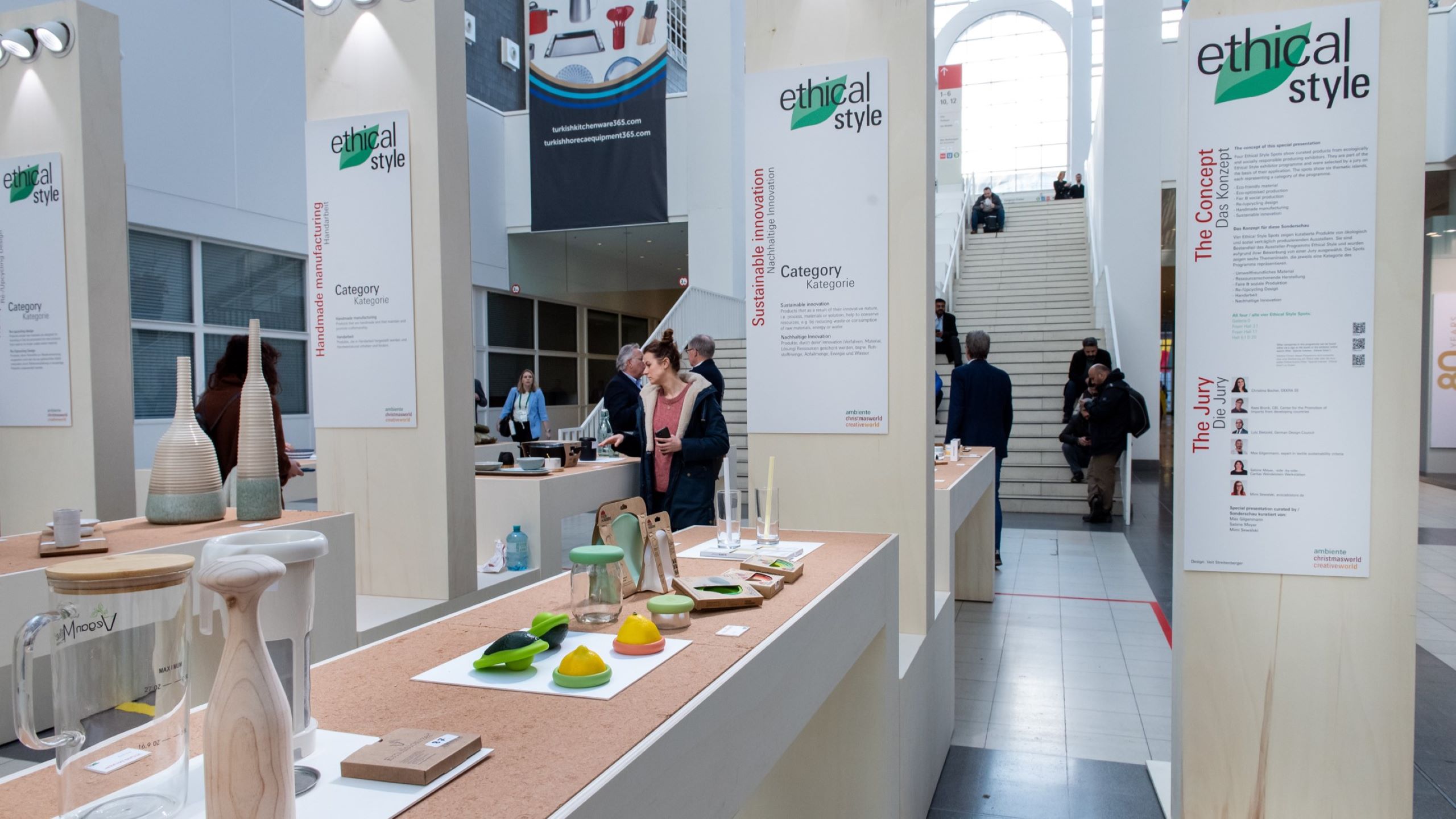Sustainability is already a key success factor in retail. Consumers value conscious consumption and expect products that protect the climate, conserve resources, and support social justice. Expand your product range by adding targeted sustainable alternatives.
What Exactly Are Sustainable Products?
A product is considered sustainable if it meets the needs of the present without compromising the opportunities of future generations. Three core aspects play a role:
- Ecological viability: Careful use of natural resources and avoidance of environmental damage
- Economic efficiency: Economic benefit without exploiting people or nature
- Social justice: Fair working conditions and social responsibility throughout the entire supply chain
This comprehensive definition shows: sustainability means far more than eco-friendliness – it unites ecological, social, and economic responsibility.
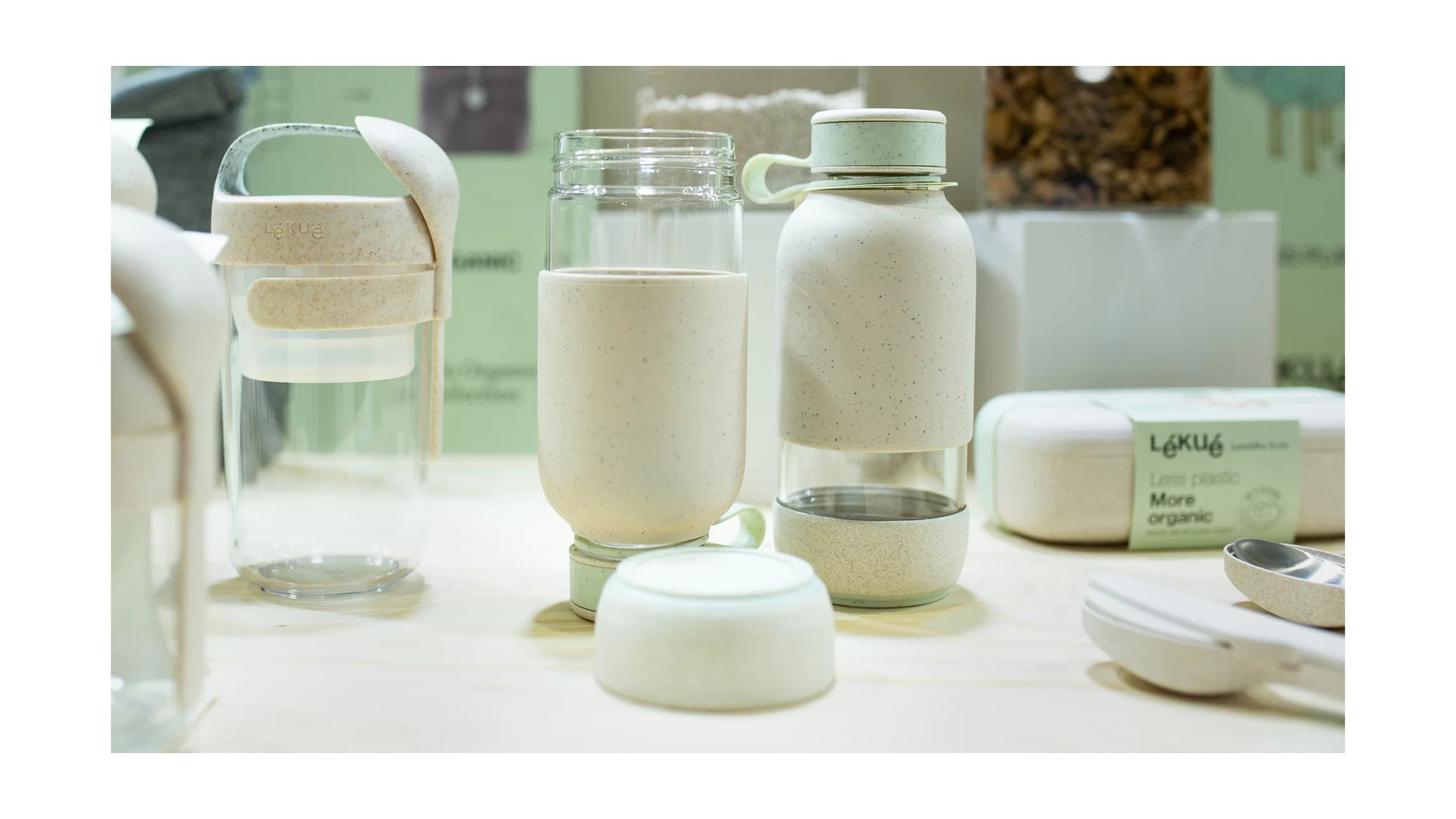
Why Sustainable Products Are Essential in Retail
The future of retail is environmentally conscious: consumers increasingly care about product origin, production conditions, and environmental impact. Studies indicate that shoppers prefer sustainable products when they match conventional alternatives in price, quality, and function.
Retailers who focus on sustainable products benefit in several ways:
- Increased brand loyalty
- Building a responsible brand image
- Reaching new target groups
- Contributing to the achievement of global climate goals
Our collection of best practices from the retail sector offers inspiring examples.
Practical Measures for Sustainability in Retail
Retailers can take action on many levels to make their product ranges more sustainable:
- Integrate sustainable product ideas
Such as reusable items like glass straws or furniture made from FSC-certified wood. - Ensure sustainable supply chains
Choose partners that meet ecological and social standards. - Optimise packaging
Reduce packaging materials and use recyclable or compostable alternatives. - Support the circular economy
Promote repair services, return schemes, or deposit systems. - Communicate transparently with customers
Provide clear information about origin, materials, and environmental benefits.
More tips on sustainability in retail can be found from our expert contributors.
Conclusion: Sustainable Products Secure the Future
Sustainable products are far more than a social trend – they are an economic necessity. Retailers who invest today in an environmentally and socially responsible product range build trust, differentiate themselves in the market, and actively contribute to a better future.
Discover successful best practices for sustainable product offerings on Conzoom Solutions.
FAQ About Sustainable Products
What Makes a Product Sustainable?
A sustainable product is ecologically sound, socially fair, and economically efficient. Typical features include the use of environmentally friendly materials, fair production conditions, and long product lifespan.
What Are Some Examples of Sustainability?
Examples of sustainable product ideas include:
- Reusable glass drinking straws
- Furniture made from certified wood
- Sustainable office supplies
- Reusables instead of disposables
- Cosmetics free from microplastics
- Food from regional, organic agriculture
- And much more


